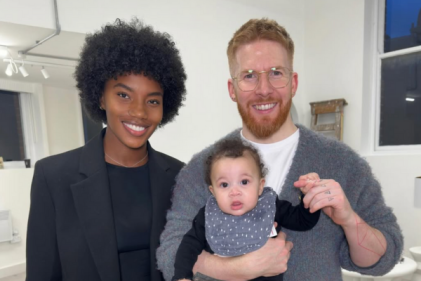Behaviour may now become an issue as your toddler gets older and tries to assert his independence and his will. Temper tantrums and power struggles are certain at this time. Learn how to use some simple methods to minimise the number of battles and shorten the duration of temper tantrums.
Your Child’s Development

At 22 months of age, your toddler is certain about what he wants to do and if disrupted, he will get upset. If he decides that he is going to play with his cars but you tell him it is time for his bath, a power struggle is sure to follow. Again, this is a result of your child wanting to be independent and not knowing how to express his frustration when he does not get what he wants.
It’s similar to a temper tantrum. Your child could be trying to accomplish something and gets frustrated. His frustration leads to an outburst because he cannot express his feelings. Both situations are opportunities to teach your child how to cope with disappointment.
When your child is frustrated because he cannot put a puzzle together, make sure that you give him praise for trying. If a child only hears praise when he is successful, he feels that he is not good enough unless he always succeeds. To make your child feel successful, give him tasks that he can do and give him lots of praise when he does them. And, as hard as it can be at times, make sure that you are not too quick to jump in and help. This can lead to his dependence on you and will diminish his confidence.
Power struggles are a normal part of your toddler’s day now. At times you may feel that all you do if battle with your child. Don’t worry though. You are not alone. Most children this age are exerting their will and it is a normal part of development. The best way to confront a power struggle is to use distraction. Since a toddler has a very short attention span, distracting them from the cause of the power struggle works. When your child is upset because you have told him to stop climbing on the table, immediately move him to another room, or give him something else to do that will catch his attention. If he is particularly stubborn, he may go right back to trying to climb the table, but for most toddlers, this works well.
The word ‘no’ is also part of your toddler’s normal vocabulary now. A toddler says ‘no’ because they can and because the word fits with their new found will. You can quell your child’s ability to use the word ‘no’ by offering choices instead of asking open ended questions. For example, instead of asking, “Do you want to eat some lunch?”, ask “Do you want a sandwich or spaghetti for your lunch?” Offering choices not only eliminates your toddler’s chances to say “no”, it makes them feel powerful when they can make a decision.










